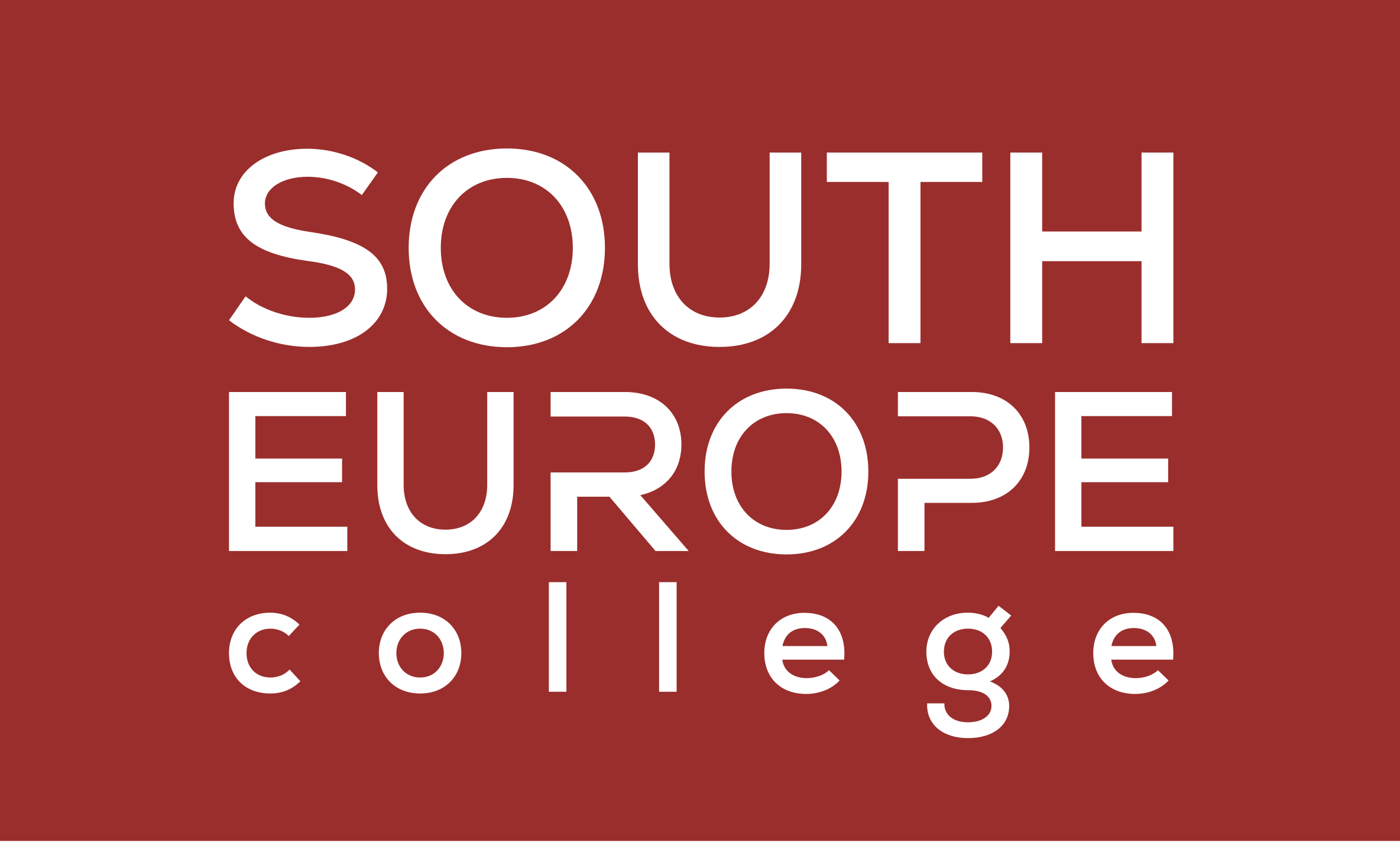PROGRAM AT A GLANCE
Title of the Qualification
Master of Business Administration in Human Resources Management (MSc.)
MQF Level
Level 7
Total Number of ECTS for Programme Completion
90 ECTS
Mode of Attendance
Full-Time (Three Semesters)
or Part-Time (Six Semesters)
Programme Duration and Tuition
1 Year and 4 Months (Full-Time)
or 3 Years (Part-Time)
750 Euros per semester (Prospective students may qualify for SCHOLARSHIPS. Verify your eligibility!)
Language of Instruction of Programmes
English
Where programme will be delivered?
Fully online via a virtual learning platform—students can register and participate in classes from anywhere in the world.
Entry Requirements
Candidates must satisfy the following requirements to be considered eligible for admission to the Master of Business Administration (MBA) Programme:
1. A European undergraduate three-year initial degree or recognized equivalent to EQF/MQF Level 6 (180 ECTS credits as a minimum) or a foreign undergraduate bachelor’s degree from outside Malta equivalent to EQF/MQF Level 6 (180 ECTS credits as a minimum). All fields of study and specialties are accepted for enrolment in the MBA Programme
2. Proof of English Language Proficiency (IELTS 6.5 or equivalent).
a. The requirement for English language proficiency is waived for students who obtained their last degree at a school where English is the primary medium of instruction.
3. CV detailing experiences gained in relation to business and management.
Recognition of Prior Education:
Only accredited formal learning units/modules obtained at EQF/MQF Level 7, covering at least 80% of the content of the program’s corresponding units/modules, will be considered for exemption.
Exemptions will only be approved for entire modules/units, not for individual assessment elements within a module/unit, and are limited to a maximum of 30 ECTS of the total qualification credits.
Overall Programme Description
● All programmes at SEC are designed to provide students with the knowledge and skills they need to succeed in today’s competitive business world.
● Our programme is rigorous and comprehensive, covering all aspects of business, from finance and accounting to marketing and management.
● The programme is designed to provide students with the knowledge and skills they need to succeed in today’s competitive business environment. Students will learn how to analyze financial data, develop marketing strategies, and manage teams. They will also gain experience in real-world business situations through research projects and case studies.
● Our faculty consists of experienced professionals who are passionate about teaching and dedicated to helping students succeed. They are experts in their fields, bringing a wealth of real-world experience to the classroom.
● Our program provides an ideal environment for ambitious individuals eager to make a difference in the world. Students will learn from our carefully selected faculty members and connect with other talented individuals.
● In addition to our academic program, we offer a range of extracurricular activities and networking opportunities to help students build their professional networks. We believe these experiences are essential for success in the business world.
We believe in our students’ potential to achieve great things, and we are committed to supporting them in reaching their goals.
Key Features of the Master of Business Administration in Human Resources Management:
Our MBA in Human Resources Management programme prepares students to become strategic HR leaders. This focused programme equips students with the business acumen and HR expertise to design and implement talent management strategies that drive organizational success.
The programme equips the students with the required knowledge and skills to Master the core HR functions:
● Talent Acquisition & Recruitment
● Performance Management & Development
● Compensation & Benefits
● Employee Relations & Engagement
By the end of the programme, the graduates shall be qualified to assume the responsibility and autonomy to:
● Exercise independent judgement and make strategic HR decisions within established frameworks and legal boundaries.
● Lead and manage HR teams effectively, fostering collaboration and achieving departmental goals.
● Adapt and apply HR knowledge and skills in new and complex organizational settings.
● Stay current with evolving HR trends and best practices through continuous learning and professional development.
● Act ethically and with social responsibility, fostering fair and inclusive work environments.
Study Plan
To complete the programme’s requirements, the student must pass thirteen courses, which can be completed within one year and four months.
Year 1:
Semester 1:
• BSN 701: Management & Leadership (8 ECTS Credits)
• BSN 702: Finance (8 ECTS Credits)
• BSN 703: Marketing (8 ECTS Credits)
• PMG 714: Supply Chain Management (6 ECTS Credits)
Semester 2:
• BSN 704: Strategic Management (8 ECTS Credits)
• BSN 705: Economics (8 ECTS Credits)
• BSN 706: Accounting (8 ECTS Credits)
• BSN 707: Advanced Topics in Management (6 ECTS Credits)
Year 2:
Semester 1:
• BSN 712 Information and Communication Technology, and Digital Transformation (6ECTS Credits)
• BSN 721 Recruitment Principles and Practices (6 ECTS Credits)
• BSN 722 Labor Laws and Employment Relationships (6 ECTS Credits)
• BSN 723 Employee Compensation Strategy and Design (6 ECTS Credits)
• BSN 724 Career Development (6 ECTS Credits)
Target Group
The target group for an advanced degree programme is typically individuals who are already working in a business-related field. However, there are also a growing number of individuals who are pursuing advanced degrees after working in other fields, such as arts, humanities, or sciences.
The target group for an advanced degree programme is also becoming more diverse in terms of age and gender. For example, some individuals might choose to pursue an advanced degree to:
● Increase their earning potential: An advanced degree can lead to higher salaries and more opportunities for advancement.
● Gain a competitive advantage: An advanced degree gives individuals a competitive edge in the job market.
● Learn new skills: An advanced degree helps individuals learn new skills and knowledge that can be applied to their current or future careers.
● Network with other professionals: An advanced degree provides individuals with the opportunity to network with other professionals in their field.
● Gain a deeper understanding of business: An advanced degree gives individuals a deeper understanding of how businesses operate.
Target Groups, Specific for this Programme Include:
● Individuals with 2-7 years of work experience who are looking to advance into leadership or management positions.
● Highly motivated individuals with strong academic backgrounds, seeking to gain the business knowledge and skills needed to launch a successful business career.
● Individuals seeking to develop the business acumen and leadership skills needed to launch and grow their own ventures.
● Individuals working in various business areas, including finance, marketing, operations, and human resources, and seeking to broaden their knowledge and advance their careers within their chosen field.
● Engineers, scientists, and other technical professionals seeking to transition into leadership roles or pursue careers in business management.
● Individuals working in non-profit sectors and seeking to develop the business skills needed to manage non-profit organizations more effectively.
● International students seeking to gain global business insight and enhance their employability in multinational environments.
Knowledge Outcomes
● Comprehend the core functions of human resource management, including talent acquisition, performance management, compensation and benefits, and employee relations.
● Grasp the foundational theories, legal frameworks, and best practices in human resource management within a
Skills Outcomes
● Develop and implement strategic talent management plans that attract, retain, and develop a high-performing workforce.
● Design and deliver effective training and development programmes to enhance employee skills and knowledge.
● Utilize data analytics to measure HR effectiveness and inform evidence-based decision making.
● Manage employee relations with a focus on conflict resolution, engagement, and diversity & inclusion.
● Develop strong negotiation and communication skills to build effective relationships with stakeholders at all levels.
Pedagogical Methods
The programme generally employs the educational methods of “Flipped Classroom,” “Interactive eLearning” and “Continuous Assessment” through:
● Weekly Online recorded asynchronous video lectures covering all intended learning outcomes (per module unit).
● Weekly quizzes and/or assignments covering the outcomes of the video lectures. (per module unit)
● Weekly scheduled synchronous online tutorial discussions. (per module unit)
● Periodic synchronous seminars covering all the programme’s learning outcomes.
● Periodic assignments, evaluating the comprehensive understanding of how the intended learning outcomes across different program modules and units are interconnected.
● Classes are delivered virtually via Zoom and the Learning Management System (Moodle LMS).
● Diagnostic, formative, and summative questions are included within all courses. Instructors can use the statistical analysis provided by Moodle to highlight areas of significant concern either to group or individual students.
● Individual students can also review their performance and request clarifications either through the course forums or live discussions.
The Master of Business Administration in Human Resources Management Plan
Course Code | Course Name | ECTS Credits |
|---|---|---|
Year 1 | ||
Semester 1 | ||
| BSN 701 | Management & Leadership | 8 ECTS |
| BSN 702 | Finance | 8 ECTS |
| BSN 703 | Marketing | 8 ECTS |
| PMG 714 | Supply Chain Management | 6 ECTS |
Semester 2 | ||
| BSN 704 | Strategic Management | 8 ECTS |
| BSN 705 | Economics | 8 ECTS |
| BSN 706 | Accounting | 8 ECTS |
| BSN 707 | Advanced Topics in Management | 6 ECTS |
Year 2 | ||
Semester 1 | ||
| BSN 712 | Information and Communication Technology, and Digital Transformation | 6 ECTS |
| BSN 721 | Recruitment Principles and Practices | 6 ECTS |
| BSN 722 | Labor Laws and Employment Relationships | 6 ECTS |
| BSN 723 | Employee Compensation Strategy and Design | 6 ECTS |
| BSN 724 | Career Development | 6 ECTS |

